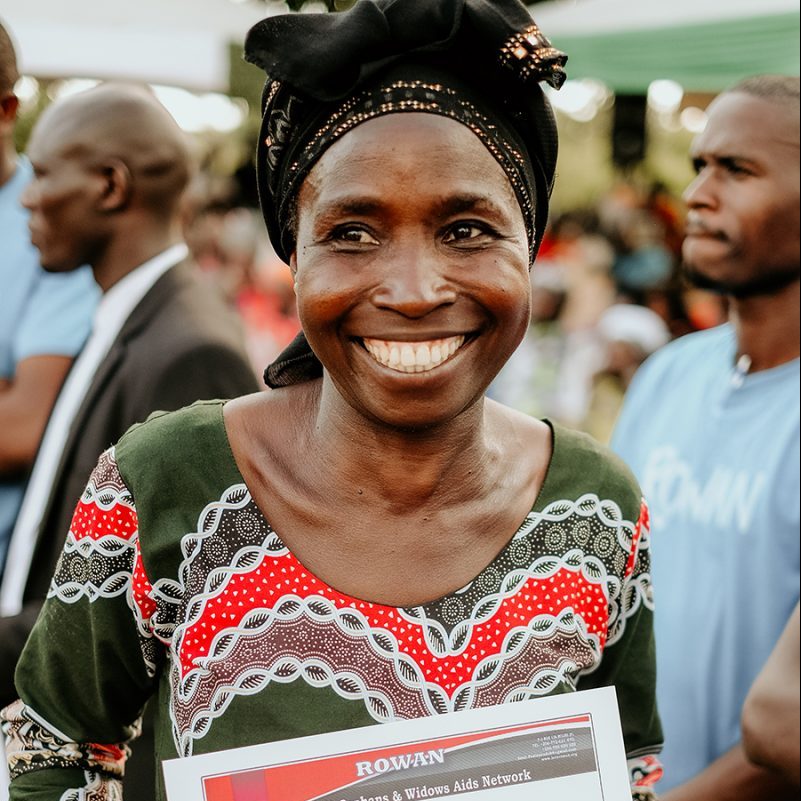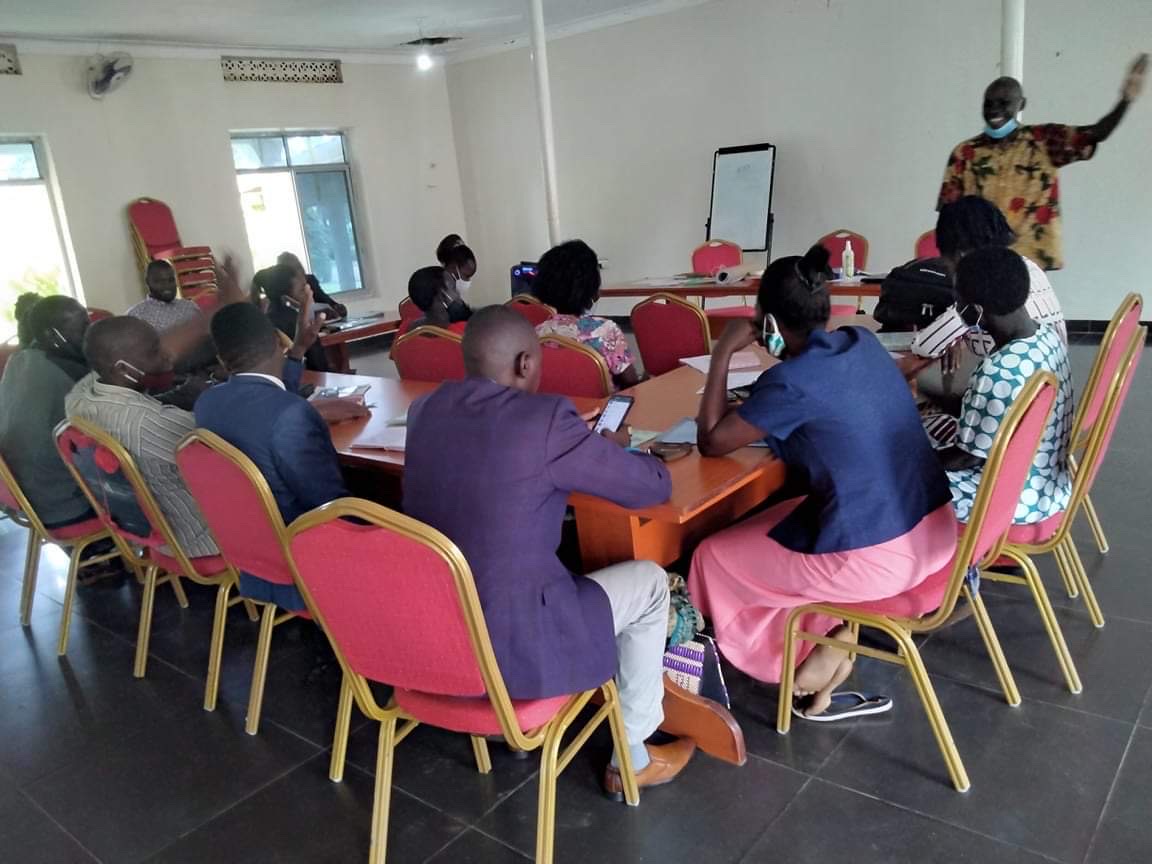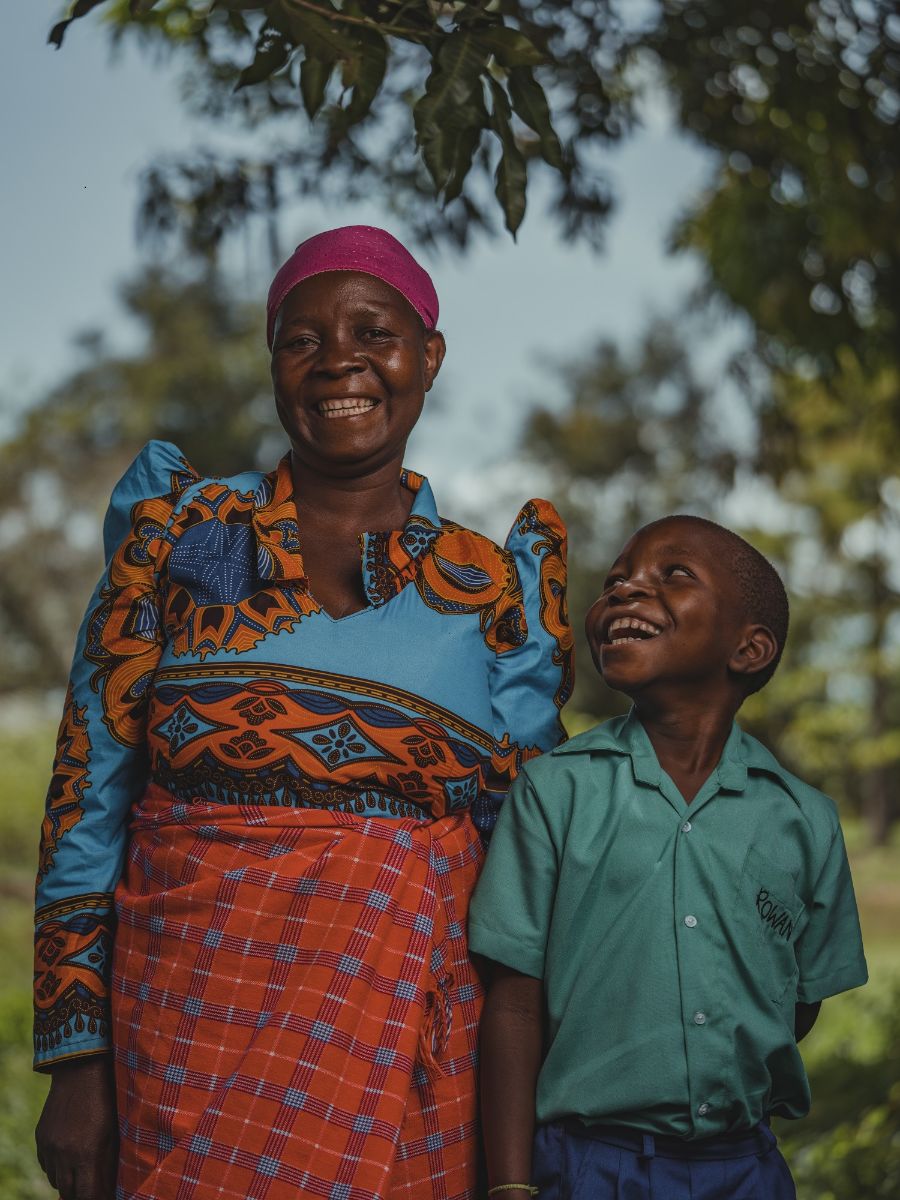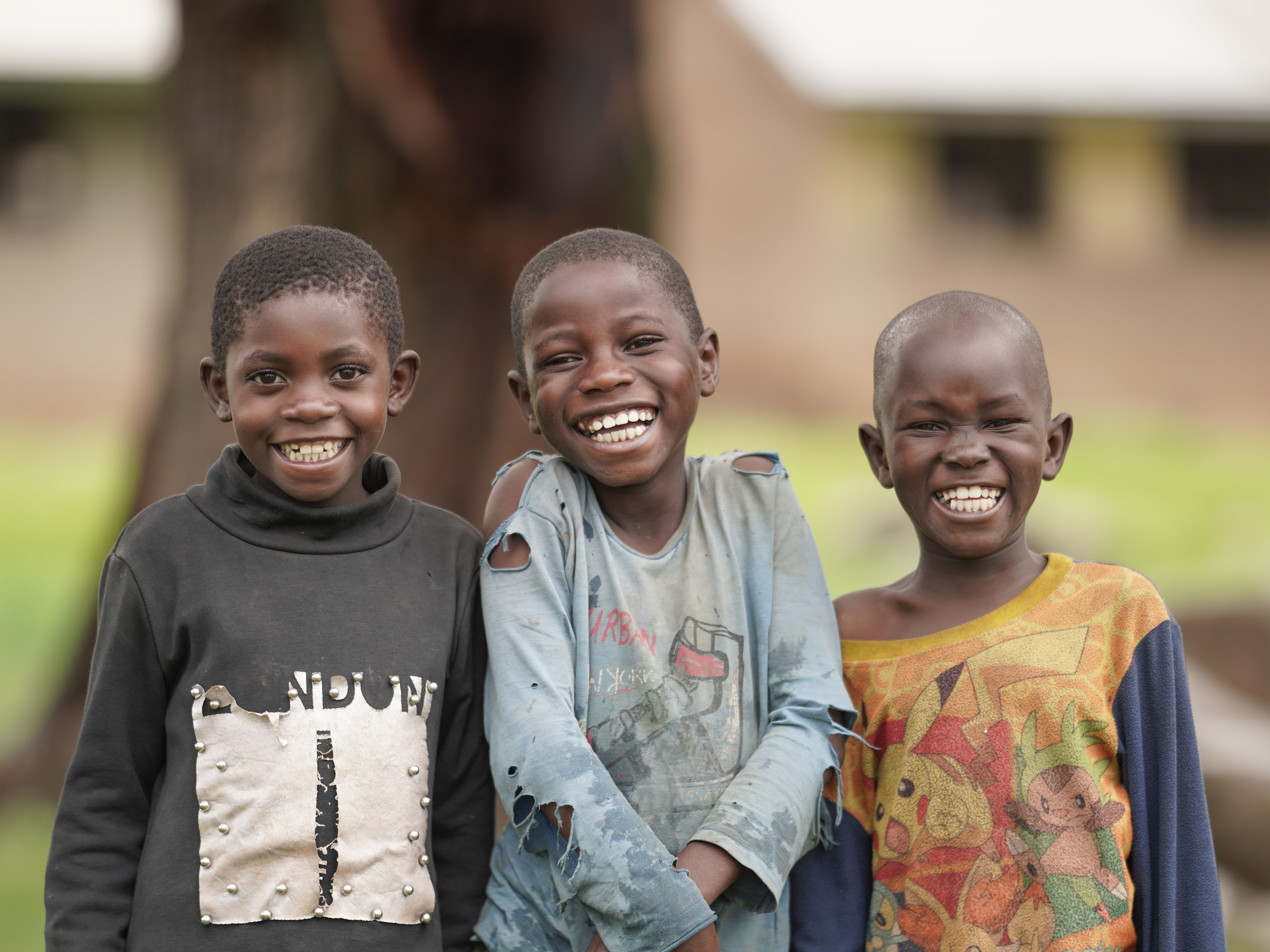What We Do:
ROWAN works closely with Ugandan widows, caregivers & community members – most of whom lost their spouse to AIDS. The women are almost always supporting children & have no way to generate income. ROWAN ensures that all stakeholders in economic development projects have an equal voice in determining business ideas, financial goals & strategies for launching new business enterprises.
- Providing 4 week intensive business training from one of the most successful programs run in Eastern Africa called Business for Life.
- Training and implementing our ROWAN Savings and Loans program, inviting all members to create a culture of saving. Life changing stories here.
What is the Process Toward Self-Reliance?
- ROWAN mobilizes the villages to gather for focus groups to determine which projects they desire to invest in. ROWAN researches the market value of each crop & the community decides what they want to start.
- ROWAN begins by creating a demonstration garden, whereby the community can learn how to become experts in growing the crop. Widows and people living with HIV/AIDS soon operate their own businesses & band together in commercial enterprises to generate sustainable incomes.
- As individuals and groups begin to grow the cash crop, ROWAN invites them to join our Savings & Loans Groups, whereby they learn to save weekly while lending out small business loans to one another! More Details Here
- The last step toward self-reliance and exiting our ROWAN program is completing a 1 year interactive business training by partner, Dynamic Business Start-Up Project. Read about Business Training HERE
ROWAN’s Successful Start-Ups:
 Passionate for Passion Fruit- since 2012 Growing & selling pineapples – since 2008 Making Paper Bead Jewlery – since 2006 Visit our Store on Etsy! Renting oxen to farmers who use them in agricultural work – since 2006
Passionate for Passion Fruit- since 2012 Growing & selling pineapples – since 2008 Making Paper Bead Jewlery – since 2006 Visit our Store on Etsy! Renting oxen to farmers who use them in agricultural work – since 2006
Uganda Facts
Since gaining independence in 1962, Uganda has endured upheaval & unrest. Some 300,000 Ugandans died at the hands of dictator Idi Amin & the country faced more than twenty years of war until the National Resistance Movement gained power in January 1986. Since becoming president that year, Yoweri Museveni is credited with improving the country’s human rights record. However, Uganda has not been able to establish & sustain a growing economy. During the last three to five years, Uganda began to revitalize its economy. The nation has managed a growth rate of 6.6% (2009 estimate). However, in 2009 approximately 32% of the population was living below the international poverty line of US$1.25 per day. With ongoing armed conflict involving rebels from the Lord’s Resistance Army, the government has been unable to focus primary attention on economic development. One result is the low level of business investment from overseas sources.
Agriculture
Agricultural production employs more than 80% of the work force & accounts for approximately 22% of Uganda’s economy. Coffee beans make up the bulk of the country’s exports. Relying so heavily on a single cash crop makes the Ugandan economy especially vulnerable to shifts in weather patterns. A recent series of floods significantly damaged the coffee crop & reduced the income of agricultural workers.
Uganda Faces Major Challenges
Increasing the rate of economic growth & reducing the national debt. Creating more jobs in service industries, which employs only 13% of the labor force but generates 52.8% of the economic output. Increasing individual wealth, especially in rural areas & among families stricken by HIV/AIDS.
(Source: Central Intelligence Agency – The World Fact Book)
More Entrepreneurship Stories

Join us this March as we bless widows in Uganda
Between International Women’s Day on March 8th Women’s History Month for wrapping up on March 31st, this time of year is a wonderful opportunity to learn more about our Legacy Program and to give toward female

Board and staff learning together
While Uganda fights Covid-19 with a second lockdown, God’s people don’t







